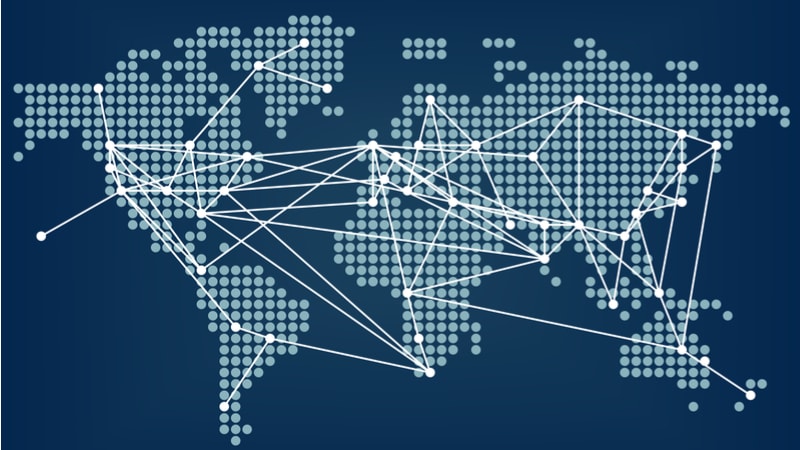
The G7 nations including the United States pledged on June 27 to “mobilize” $600 billion of capital to fund major international infrastructure projects through 2027, including projects in the information and communications technologies (ICT) arena.
The effort will be run through the new Partnership for Global Infrastructure (PGII) created by the G7 nations that include the U.S., Canada, France, Germany, Italy, Japan, the United Kingdom, along with European Union as a “non-enumerated member.”
The new infrastructure investment campaign set forth by the G7 nations may be viewed as a counterbalance to an aggressive campaign by the Chinese government in recent years to fund big infrastructure projects around the globe. For more on the global competitiveness race and what the U.S. is doing about it, please join us at the MerITocracy American Innovation Forum on July 21, where National Science Foundation (NSF) Director Dr. Sethuraman Panchanathan will talk about the issue with Politico’s Ryan Heath.
Of the $600 billion total, the White House said the U.S. will find $200 billion through a combination of grants, Federal financing, and “leveraging private sector investments.”
“Together with G7 partners, we aim to mobilize $600 billion by 2027 in global infrastructure investments,” the White House said, promising “this will only be the beginning.”
“The United States and its G7 partners will seek to mobilize additional capital from other like-minded partners, multilateral development banks, development finance institutions, sovereign wealth funds, and more,” it said.
According to the White House, the infrastructure projects to be financed through PGII will “deliver quality, sustainable infrastructure that makes a difference in people’s lives around the world, strengthens and diversifies our supply chains, creates new opportunities for American workers and businesses, and advances our national security.” Those investments, the White House said, “will meet the enormous infrastructure needs of low- and middle-income countries and support the United States and its allies’ economic and national security interests.”
“The Partnership for Global Infrastructure and Investment will deliver game-changing projects to close the infrastructure gap in developing countries, strengthen the global economy and supply chains, and advance U.S. national security,” the White House said in announcing the accord.
Investment priorities for PGII will include:
- Climate-resilient energy infrastructure, “transformational” energy technologies, and clean energy supply chains;
- Secure ICT networks and infrastructure “to power economic growth and facilitate open digital societies – from working with trusted vendors to provide 5G and 6G digital connectivity, to supporting access to platforms and services that depend upon an open, interoperable, secure, and reliable internet and mobile networks with sound cybersecurity”;
- Advancing gender equality and equity including “care infrastructure that increases opportunities for economic participation by women, to improved water and sanitation infrastructure that addresses gender gaps in unpaid work and time use”; and
- Upgrading health system infrastructure and “contributing to global health security through investments in patient-centered health services and the health workforce; vaccine and other essential medical product manufacturing; and disease surveillance and early warning systems, including safe and secure labs.”
The White House announcement ran down a list of support from G7 nations for similar projects including those dealing with solar energy, vaccine development, fiber-optic communications cable deployment, small nuclear reactor facility development, and childcare infrastructure, among others.
